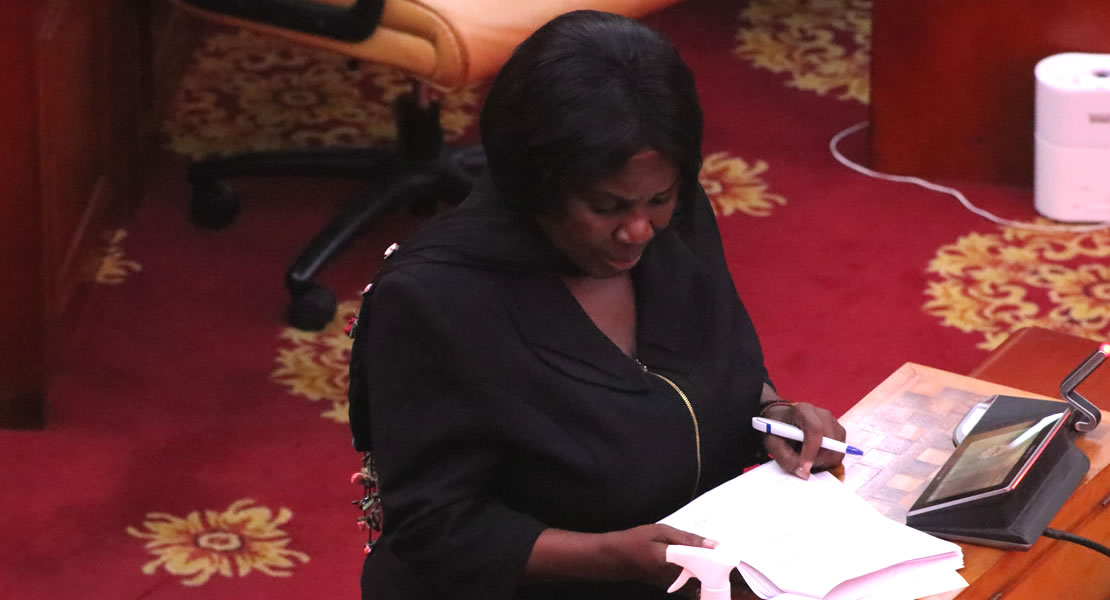
The Minister for Sanitation and Waters Resources, Cecilia Abena Dapaah on Wednesday, July 20, 2022 outlined measures her Ministry has taken to address water pollution in the Country.
According to her water bodies are being polluted mainly by ‘galamsey’ activities in mining areas of the country, while other non-point sources of pollution stem from improper disposal of both solid and liquid waste causing rapid growth of algae and aquatic weeds, which further affect water quality.
The Ministry’s efforts through the Water Resources Commission to address water pollution in the country include the Nationwide Water Quality Monitoring program being implemented towards data collection and information gathering to continually establish the quality status of all waters in the country and contribute to the national initiative for controlling the unregulated activities of small-scale miners (‘galamsey’).
Another measure according to the minister is the strengthening of the legislative regime relating to buffer protection and pollution control. The Buffer Zone Legislative Instrument is being drafted after completion of a nationwide consultation and the regulations should be ready by the end of the year, 2023. The development of a Water Resources Pollution Control and Effluent Discharge LI has also been initiated to regulate and improve on water quality.
The Minister emphasized that training, education and the active participation of relevant stakeholders are also complementing the enforcement. Training is targeted at relevant security personnel (especially investigators and prosecutors) on all relevant legislation; chiefs; the media; and civil society organisations, at the Regional and Basin levels on all aspects of managing water resources and the environment.
A key intervention is the introduction of security posts in catchments that serve as water supply sources. Currently, the Weija Headworks has a permanent security post, the impacts are being monitored in order to replicate in other reservoirs.
Answering question posed by the Member of Parliament for Dormaa East Paul Apreku Twum-Barimah; she further noted that, water resources management is being implemented within a decentralised institutional framework by creating co-coordinating bodies at the River Basin level.
So far, 6 River Basin Densu, White Volta, Ankobra, Pra, Tano Basins and the Black Volta have decentralised Secretariats and their Boards have also been set up. In addition, prioritised list of actions and measures are being implemented to address each Basin’s specific water management issues and improve the quantity and quality of the water resources. The Commission is also developing sub-Basin plans at the community level to assist in pollution control.
These notwithstanding, Mr Speaker, there is the realization to adopt and promote a Prevention Culture as the preferred option, she emphasised.
In essence, prevention of water pollution actions such as the institution of community mining by the government will help to sustain the ecological health of water bodies since water clean-up or treatment can be more complex and expensive in tackling water pollution from illegal mining in the country.
Ghanamps.com